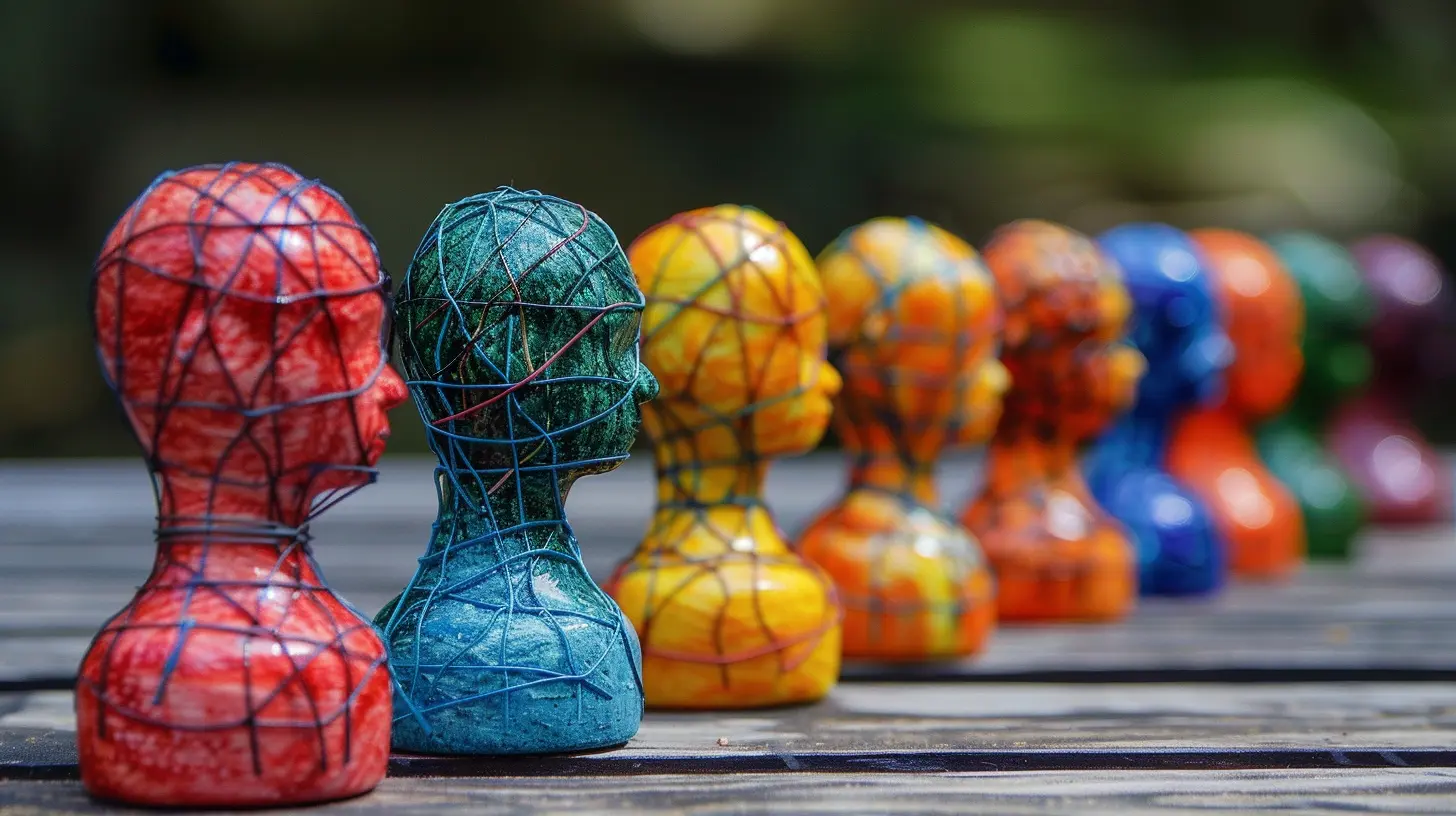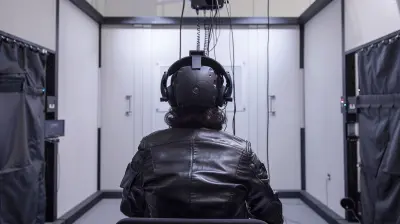7 April 2025
Introduction
Ever felt like you just needed someone to talk to after a rough day? That’s because social connection plays a massive role in emotional wellness. As humans, we are wired for connection. Without it, life can feel isolating, stressful, and even overwhelming.
In today’s fast-paced digital world where a "like" or a comment replaces deep conversations, genuine social bonds often take a backseat. But here's the thing—emotional wellness isn’t just about practicing self-care in solitude. It thrives on meaningful interactions with others.
So, let’s dive into why social connection is essential for emotional well-being, how it impacts our mental health, and practical ways to build stronger relationships that positively influence our emotions. 
Why Social Connection Matters for Emotional Wellness
1. It Lowers Stress and Anxiety
Loneliness can be a silent killer. Research shows that people who lack strong social relationships are more prone to stress, anxiety, and even depression. On the flip side, having close friends or family to confide in can help reduce cortisol (the stress hormone) levels.Think about it—when you're overwhelmed, doesn’t venting to a friend instantly make you feel lighter? That’s because sharing your emotions helps release psychological weight, making problems seem more manageable.
2. Boosts Self-Esteem and Confidence
Ever notice how encouragement from loved ones lifts your spirit? Social connections provide validation and reassurance. When people support and believe in you, it naturally boosts your confidence.A strong network acts as a mirror reflecting your strengths back at you, reminding you that you are valued. Without this support system, self-doubt can creep in, leading to decreased emotional resilience.
3. Enhances Emotional Regulation
Have you ever made a terrible decision in the heat of the moment? We've all been there. But when you have a solid support system, it becomes easier to process emotions, gain perspective, and make better choices.Talking through feelings with a trusted friend or loved one helps regulate emotions and prevents impulsive actions that might lead to regret.
4. Encourages a Positive Mindset
Negativity thrives in isolation, while positivity flourishes in connection. Surrounding yourself with optimistic, uplifting individuals can significantly shift your mindset.When you interact with enthusiastic, driven, and supportive people, their energy rubs off on you, making it easier to maintain a positive outlook on life. 
The Science Behind Human Connection and Emotional Health
If you thought social bonding was just a "feel-good" concept, science backs it up with hard evidence.- Oxytocin Release: Known as the “love hormone,” oxytocin is released during positive social interactions. It fosters trust, reduces stress, and enhances overall emotional well-being.
- Endorphin Boost: Laughing, hugging, and spending quality time with loved ones trigger endorphin release, the body’s natural mood booster.
- Neural Rewiring: Strong relationships stimulate the brain's reward system, enhancing long-term emotional resilience and reducing the effects of loneliness.
Simply put, social connections are nature’s built-in therapy for emotional wellness. 
The Risks of Social Isolation
Now, let’s talk about the flip side. What happens when social connections are lacking?1. Increased Risk of Mental Health Issues
Loneliness and chronic social isolation have been linked to higher rates of depression, anxiety, and even suicidal thoughts. When people lack meaningful relationships, negative emotions can spiral out of control.2. Higher Stress and Weakened Immunity
Did you know that social isolation can physically affect your health? Studies reveal that prolonged loneliness increases cortisol levels, leading to chronic stress. This, in turn, weakens the immune system, making you more susceptible to illnesses.3. Poor Emotional Coping
Without strong connections, people often turn to unhealthy coping mechanisms—such as substance abuse, overeating, or emotional withdrawal—to fill the void. Social interactions serve as a buffer, preventing harmful emotional fallout.4. Reduced Longevity
Believe it or not, maintaining meaningful social relationships can literally add years to your life. Research shows that people with strong social ties tend to live longer, healthier lives compared to those who are isolated.Clearly, meaningful connections aren’t just a luxury; they’re a necessity for emotional and physical well-being. 
How to Foster Strong Social Connections
Now that we know how crucial social connections are, let’s talk about how to build and maintain them.1. Prioritize Face-to-Face Interactions
Texting is convenient, but real emotional connection happens when you engage in face-to-face conversations. Spending in-person time with family and friends strengthens bonds and fosters genuine connection.2. Join Social Groups or Communities
Whether it's a book club, a fitness group, or a volunteer organization, being part of a community provides a sense of belonging. Shared interests create natural opportunities for meaningful interactions.3. Be Vulnerable and Open
Deep connections aren’t built on surface-level small talk. Authentic relationships require vulnerability. Don’t shy away from sharing your thoughts, feelings, and struggles—it strengthens trust and fosters deeper emotional bonds.4. Practice Active Listening
Being a good listener is just as important as expressing yourself. People feel valued when they’re truly heard. Give your full attention, ask thoughtful questions, and show empathy during conversations.5. Nurture Existing Relationships
Building connections doesn’t stop once a relationship is formed—maintenance is key. Regular check-ins, meaningful conversations, and thoughtful gestures keep relationships strong over time.Final Thoughts
At the end of the day, emotional wellness isn’t just about self-care routines or solo reflection. It’s deeply tied to the relationships we cultivate. Social connection has the power to boost happiness, reduce stress, and enhance mental resilience.If you're feeling emotionally drained or stuck, take a moment to reflect on your social connections. Are you surrounding yourself with supportive, uplifting people? Are you making an effort to cultivate meaningful relationships?
Because in the grand scheme of things, happiness isn’t just about what’s happening inside—it’s also influenced by the love, support, and warmth we get from those around us.
So, pick up the phone, meet a friend for coffee, or simply check in with someone you care about. Your emotional well-being will thank you for it.




Signe Bowers
Great article! It's so true how vital social connections are for our emotional health. Whether it's a chat with a friend or joining a community group, these interactions can really uplift our spirits. Let’s cherish those bonds!
April 7, 2025 at 3:48 PM